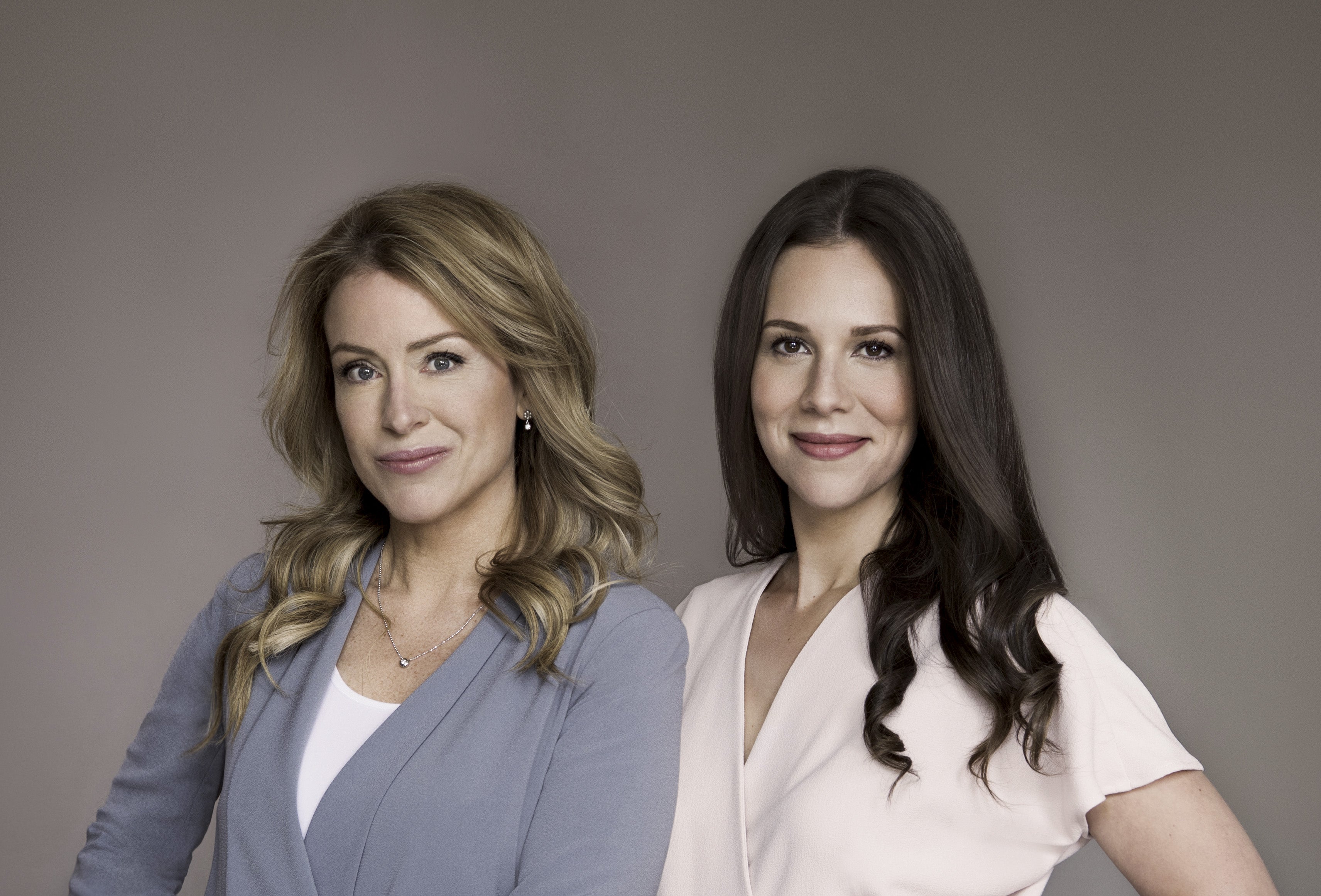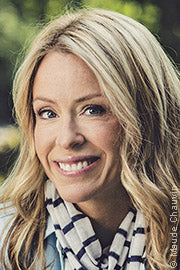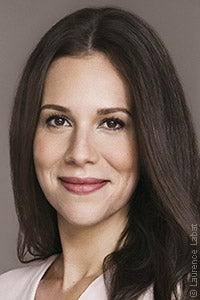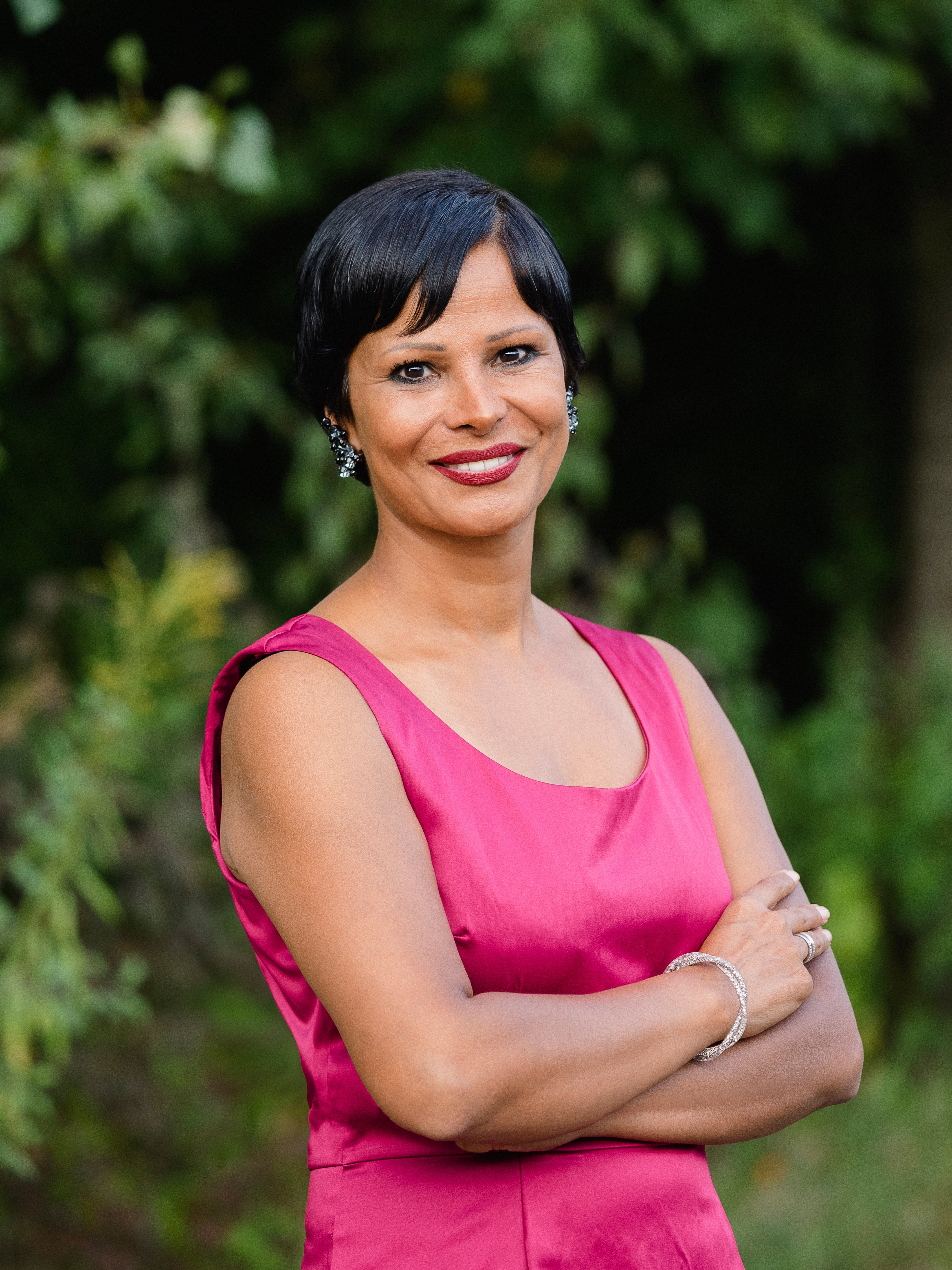
No more cravings and comfort eating! Isabelle Huot and Catherine Senécal explain the connection between food and emotions
No more cravings and comfort eating! Isabelle Huot and Catherine Senécal explain the connection between food and emotions
Eating out of frustration, as a consolation or as a reward always leads to a guilty conscience, often to obesity and, not infrequently, to uncontrollable binge eating, which can develop into serious eating disorders. " When everything is stupid, is chocolate the only thing that helps? " presents strategies for rethinking eating habits and getting feelings under better control.
Chocolate doesn’t ask, chocolate understands…
Who hasn't caught themselves occasionally gorging themselves on sweets, fast food and snacks when they're stressed, without even being hungry? Is this a sign of an eating disorder? Not necessarily, because eating more than we actually want to happens to all of us. But when we regularly lose control, and do so in connection with certain feelings and to the detriment of our physical and mental health, then we need help.
Nutritionist Dr. Isabelle Huot and psychologist Dr. Catherine Senécal have been working on the treatment of eating disorders for many years and work together to support those affected in their efforts and progress. "When everything is stupid, is only chocolate enough?" is the first German edition of the book written by the two Canadian nutrition experts. In it, they present simple strategies and exercises to (re)establish a natural, positive relationship with your own body and nutrition: "Once you start eating better and moving, the rest will take care of itself; you have more energy, think positively and are better prepared to deal with life's small and large annoyances!"
Food cravings and loss of control
The authors use the term "binge eating" to describe the moments of loss of control when you eat more than you want without actually being hungry, and sometimes with feelings of guilt. These losses of control can be occasional or frequent and vary from person to person. For some, the binge consists of eating an entire bag of chips. For others, the bag of chips is followed by a packet of ice cream and two packets of cookies. Often, binge eating involves foods that are "forbidden" (for example, when dieting). The foods most likely to be consumed during the binge are sugary and fatty foods.
The realization that it is difficult to deal with feelings such as anger, loneliness, boredom, fear or stress can lead to the desire to suppress them, and food can be helpful in this regard. The attacks are sometimes a welcome opportunity to take a "time out" from such overwhelming feelings that one has no control over. The food becomes a comfort and calms the soul, at least temporarily.
Instead of simply always eating too much, people who suffer from binge eating disorder, for example, experience periods of cravings in which they consume large amounts of food in a very short period of time. Those affected by this disorder experience a loss of control during such attacks and, afterward, strong feelings of guilt and shame.
Conscious emotions and balanced nutrition
There are many people who find comfort in food and use it to respond to various emotions that they otherwise have difficulty dealing with. However, eating is not an effective and lasting solution to dealing with negative feelings. Dealing with these feelings is, on the other hand, a key factor in regaining control over your diet. "When you are affected by food cravings, you have to pay attention to your real needs," recommend Huot and Senécal.
Having lost all connection to a balanced diet that is geared to their needs, compulsive eaters often do not know what and, above all, how much to eat. It is therefore more appropriate to follow a nutritional plan that aims to restructure the diet. This promotes a return to a normal diet rather than a strict diet for weight loss. In addition, becoming aware of the emotions and thoughts that can trigger or exacerbate food cravings is already a big step forward. It is possible to question these automatisms and replace them with alternative thoughts that are more rational and constructive.
In addition to changing eating habits and automatic thoughts, lifestyle changes can also improve our relationship with food. These complementary measures include getting a good night's sleep, engaging in regular physical activity and reducing stress.
Book tip:
Dr. Isabelle Huot and Dr. Catherine Senécal: When everything is stupid, is chocolate the only thing that helps? No more cravings and comfort eating! Mankau Verlag, 1st edition September 2020, paperback, 13.5 x 21.5 cm, 223 pages, 14.95 euros (D), ISBN 978-3-86374-566-0
Link recommendations:
More information about the guidebook “When everything is stupid, is chocolate the only thing that helps? No more cravings and comfort eating!”
To the reading sample of the book “When everything is stupid, is only chocolate helpful?”
More about the authors Dr. Isabelle Hout and Dr. Catherine Senécal











